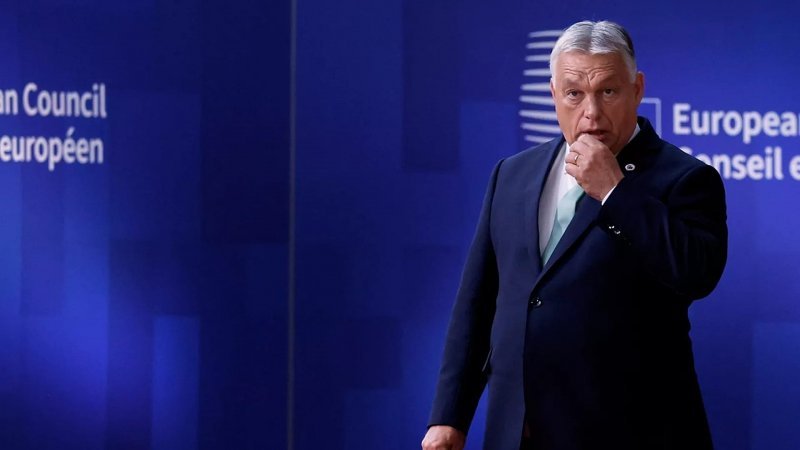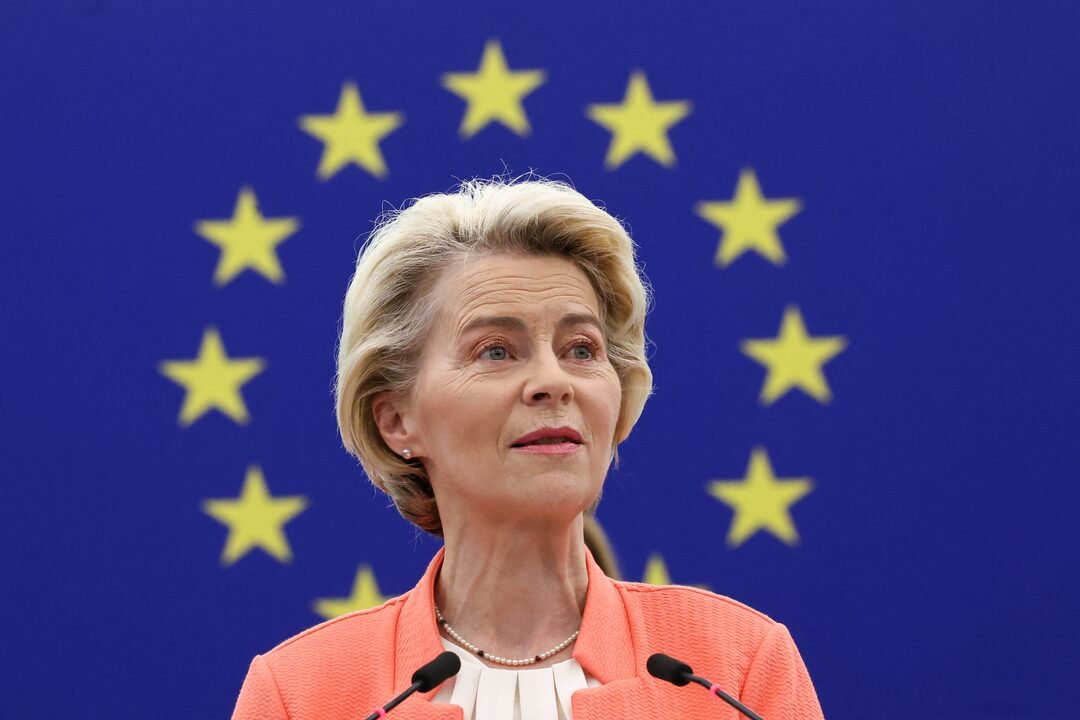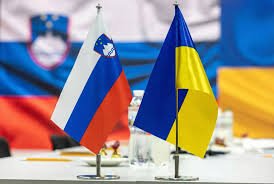Warsaw, November 14, 2024 – The Europe Today: Polish Foreign Minister Radoslaw Sikorski has suggested that a potential peace agreement between Russia and Ukraine could have repercussions comparable to the 1945 Potsdam Conference, which shaped the post-World War II global order. In a recent interview with broadcaster TVN24, Sikorski discussed the potential impact of U.S. President-elect Donald Trump’s incoming administration on American policy toward Ukraine and the potential long-term effects on Europe.
Sikorski remarked, “Potsdam-type decisions are in the air,” implying that any agreement could lead to a new international order. He drew a parallel to the historical accords between the Soviet Union and Western Allies that solidified the division of Germany and laid the groundwork for Cold War rivalries between Eastern and Western blocs.
Poland has been a steadfast supporter of Ukraine since hostilities began with Russia and, according to Sikorski, is bracing for a potentially “dramatic” EU Foreign Affairs Council meeting next week. He noted, “Massive decisions must be made, or will not be made, about whether we are ready to allocate real resources, for example, frozen Russian assets, to support Ukraine.”
The minister emphasized Poland’s stance that while President-elect Trump appears eager to end the conflict, any resolution must avoid a “catastrophic defeat for Ukraine.” Sikorski alluded to the consequences of the U.S. troop withdrawal from Afghanistan in 2021, which he characterized as a damaging setback for the Biden administration.
During the U.S. presidential election campaign, Trump pledged to end the Ukraine conflict within 24 hours of assuming office. Media reports suggest that plans being discussed by his team include Ukraine suspending its NATO ambitions and potentially freezing the conflict along the current front line. However, Ukraine’s President Volodymyr Zelensky has been steadfast in rejecting any compromise on territories claimed by Kiev, despite speculation that U.S. pressure might leave him with limited options.
Meanwhile, Moscow, which has gained ground on the battlefield, has ruled out freezing the conflict but has signaled a willingness to engage in dialogue under certain conditions.
The developments highlight the complex and high-stakes negotiations surrounding the Russia-Ukraine conflict, with potential global ramifications reminiscent of pivotal moments in diplomatic history.










